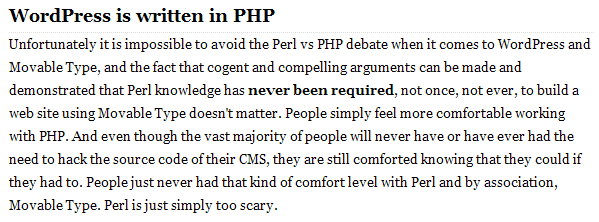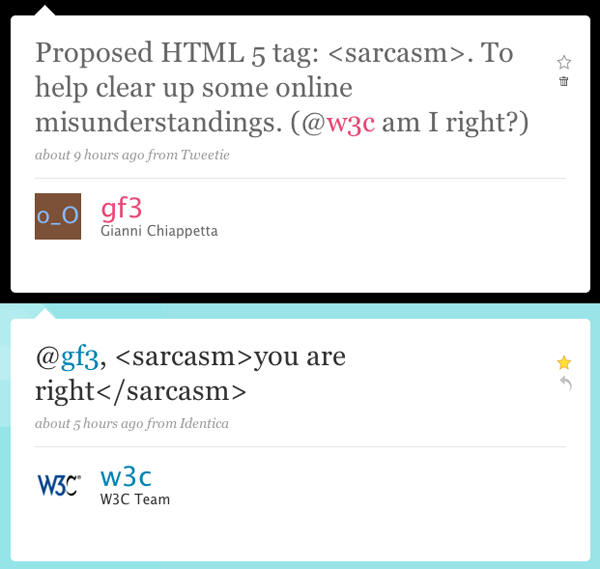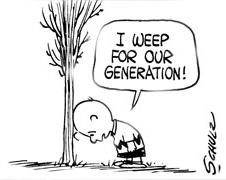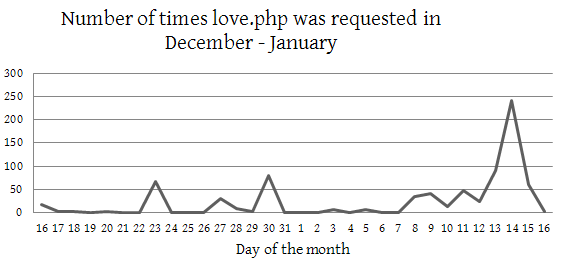Social games are evil
In Econ, Mr. Bosanko was talking about adults wanting to live high school again because they screwed up the first time. Then, I got it. Go back a couple hours and I was at home (~9:20AM) reading this: it’s long, but definitely worth the time
PC Gamer: About that lecture you gave recently. I wanted to ask you about social games. And I know you don’t like that as a title.Jonathan Blow: Did I say that in my speech actually?
PC Gamer: Well, you called them evil.
Jonathan Blow: No, I mean the name “social games.”
PC Gamer: I think you said you don’t like it being attributed to some of those games?
Jonathan Blow: Well, they’re not very social. A game like World of Warcraft or Counter-Strike or whatever is way more social. Because you actually meet new people in clans or guilds. You go do activities together and help each other out, right?
[With certain social games] it’s about the game exploiting your friends list that you already made, so it’s not really about meeting people. And it’s not really about doing things with them because you’re never playing at the same time. It’s about using your friends as resources to progress in the game, which is the opposite of actual sociality or friendship. Maybe not exactly, but it’s not the same thing, right? They’re really just called social games because they run on social networks but they’re way less [social] – like sitting down and playing a board game with friends at a party is a way more social game. That’s an intensely social experience, right? So, like whatever. I hate that name.
PC Gamer: Do you still think social games are “evil” then?
Jonathan Blow: Yes. Absolutely. There’s no other word for it except evil. Of course you can debate anything, but the general definition of evil in the real world, where there isn’t like the villain in the mountain fortress, is selfishness to the detriment of others or to the detriment of the world. And that’s exactly what [most of these games are].
PC Gamer: Do you blame the player? I mean, is it the player’s fault for getting involved? Even if they don’t realise they’re being harmed?
Jonathan Blow: One of the things that we have to deal with in modern society is this duality. We want people to have personal responsibility, right?
But the thing about these games though is they’re made to look really light and friendly or whatever. So it’s very difficult especially for someone to think about games and how their design affects the world – which is most people in the world, they don’t think about that, right? It’s very difficult for them to see how this could possibly be detrimental in any way. They’re just like, “Oh, I’m clicking on the items, I’m having fun”. You know, whatever.
It’s like I was saying in that talk, I don’t necessarily like to approach it from that question “Is the player having fun or not,” because I’m usually talking to designers at these lectures. I go at it from the designer’s side and I ask “Are you trying to take advantage of your players and exploit them? Or are you trying to give them something?”
Some kinds of games are very clearly made [to give something] – like Dwarf Fortress is definitely trying to give the players something and not exploit players. That’s very obvious to me in the way that it’s made. [Most of these social games are] the opposite of that. It’s trying to take the maximum amount while trying to give the minimum amount. So that’s an ethics of game design question. To me it doesn’t matter if people feel like they’re having fun or feel like they want to play the game, because the designers know what they’re doing.
PC Gamer: Some might say it’s a bit paternalistic to say that people playing don’t really know what’s good for them?
Jonathan Blow: No, because it’s true. If you go up and you say that to somebody, then you’re just kind of being a jerk, right? That you don’t know what’s best for you. I’m not trying to be that strong about it. I’m not trying to say “I know what’s best for players and they shouldn’t play these games”. It’s okay to play social games to an extent. Like it’s probably okay to smoke cigarettes to an extent, but what these designers do – and this is why I always go to it from the design standpoint – they very deliberately design the game to not give the player everything that they want, to string the player along and to invade the player’s free time away from the game.
Designers know what they are doing. They know when they show up in the office – “My goal is to degrade the player’s quality of life”. They probably won’t think about that exact phrase. But [will think], “My goal is to get people to think about my game and to put more money into my game and get other friends to play my game to the exclusion of all other games and all other things that they might do with their free time.” That is the job description of those designers. And that’s evil. It’s not about giving people anything. It’s about taking from people.
Usually, I don’t do the whole link-to-someone-else’s-cool-stuff thing because tumblr and twitter have got that covered. Hey but this is really interesting. Additionally, it’s so true it’s not even funny. When I plan projects, this devious question always comes to mind: how do I keep the visitor coming back? Really, a designer will dig to the bloody disgusting guts of the issue and find a way to evil stuff up. On the other hand, if you’re all into the honorable and righteous crud, nothing you make will be successful. Whooo.. what a scary world.
I’m gonna pledge more of my free time to IRC idling. The other day, I learned about another PL: microwave power levels. Pretty cool.

































